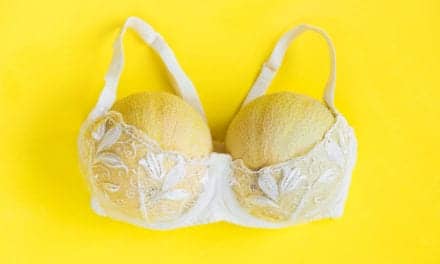It seems jaws are having a cultural moment—a BuzzFeed article titled “23 Jawlines Guaranteed To Get You Pregnant” pretty much sums up how our culture feels about this particular bit of the male physique. But the jawlines in that sort of story are of movie stars. Washingtonians, the doctors say, aren’t marching in, slapping down a photo of Henry Cavill from Man of Steel, and demanding a dramatic remake. That, according to Tanzi, is “a little too Hollywood for DC.” They prefer a more subtle version.
“People in Washington want to have an authoritative appearance, but one that suits their own face,” says Sherber. “They tend to be most of all interested in how to look like themselves a few years prior.”
Nonsurgical cosmetic procedures for men are just 9 percent of the business nationally, but in some Washington dermatology offices, men make up about 20 percent of patients. According to Tina Alster, a dermatologist who runs a K Street practice, after their hair and their bellies, weakened jawlines are what her male patients are most concerned about.
Yet although the number of procedures has increased, most men are still in the dark that this treatment exists. That’s because, officially, it doesn’t. Juvéderm Voluma, a product popular for jawline injections, was approved by the Food and Drug Administration in 2013 as a cheek filler. Because the hyaluronic-acid-based product is firmer and more flexible than previous fillers—which might have added too much volume and inadvertently given male patients an “effeminate” jaw—some dermatologists began using Voluma off-label along the mandible. It may not be advertised during Hulu commercials—advertising off-label use is a no-no—but word of mouth seems to be spreading.
The number of products that can be used to define a jaw has multiplied of late, which may help explain the growth in treatment. Like Voluma, Restylane Lyft—which came on the market in 2015—contains hyaluronic acid. Though it’s FDA-approved for filling wrinkles, it, too, has the potential for off-label use. Then there’s Kybella, a fat-dissolving injectable intended for under the jaw; the FDA okayed it for reducing double chins in 2015.




